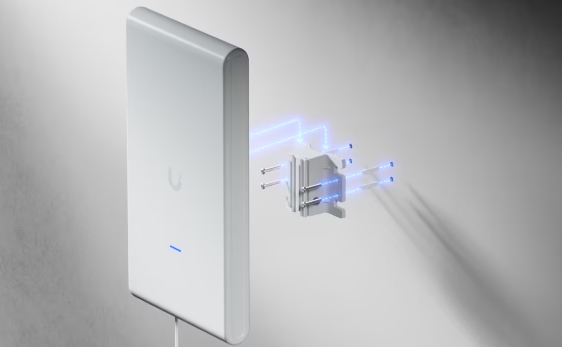How to Delete a Page in Word Microsoft Word is a powerful tool used for creating documents, reports, and other written materials. Occasionally, you might find yourself with an extra page in your document that you need to remove. Whether it’s a blank page or an unwanted section, deleting a page in Word can be done efficiently with the right techniques. How to Delete a Page in Word we’ll walk you through the steps to delete a page in Microsoft Word.
How to Delete a Page in Word
- Navigate to the Page:
- Open your Word document.
- Scroll to the blank page you want to delete. If the page is not immediately visible, you can use the navigation pane by pressing
Ctrl + Fto open the search box and typing “Page” to locate it quickly.
- Select the Content:
- Click anywhere on the blank page.
- Press
Ctrl + Ato select all the content on the page. If there is no content on the page, this step might not be necessary.
- Delete the Page:
- Press the
Backspacekey if you are at the end of the previous page. - Alternatively, press the
Deletekey if the cursor is at the beginning of the next page.
- Press the
- Check for Extra Spaces or Paragraph Marks:
- Sometimes, a blank page might be caused by extra paragraph marks or spaces.
- Click on the
Hometab, then select theShow/Hidebutton (¶) to reveal paragraph marks and spaces. Delete any extra marks or spaces that are causing the blank page.
Method 2: Removing a Page with Content
- Navigate to the Page with Content:
- Scroll to the page you want to delete.
- Place your cursor at the beginning of the page you want to remove.
- Select the Content on the Page:
- Click and drag your mouse to highlight all the content on that page. If you want to select all the content on the page, ensure you include all text, images, and other elements.
- Delete the Content:
- Press
DeleteorBackspaceto remove the selected content. This will automatically remove the page if it was the only content on it.
- Press
- Check for Page Breaks:
- Sometimes, a manual page break can cause an extra page.
- Click on the
Hometab, then selectShow/Hide(¶). Look for any page break lines and delete them by placing your cursor on the line and pressingDelete.
Method 3: Using the Navigation Pane
- Open the Navigation Pane:
- Go to the
Viewtab. - Check the
Navigation Panebox to open the navigation pane on the left side of your screen.
- Go to the
- Find the Page:
- Click on the
Pagestab in the navigation pane. - Browse through the pages to find the one you want to delete.
- Click on the
- Select and Delete the Page:
- Click on the page thumbnail in the navigation pane to navigate to it.
- Highlight the content on the page as described in the previous methods and press
Delete.
Method 4: Adjusting Page Layout
- Check for Section Breaks:
- If the page is part of a section break, it may not delete with regular methods.
- Click on the
Hometab and selectShow/Hide(¶) to reveal section breaks. Delete any section breaks that may be causing an extra page.
- Adjust Margins or Page Size:
- Go to the
Layouttab. - Check the
MarginsandSizeoptions. Adjusting these settings might help remove extra pages caused by unusual page formatting.
- Go to the
Final Tips
- Save Your Work: Always save your document before making changes to avoid losing important information.
- Review Document: After deleting a page, review your document to ensure that the content and formatting are as desired.
- Use the Undo Feature: If you accidentally delete something you didn’t mean to, use
Ctrl + Zto undo the action.
How to Delete a Page in Word following these methods, you should be able to delete unwanted pages from your Word document effectively. Whether you’re dealing with blank pages, extra content, How to Delete a Page in Word formatting issues, these techniques will help you maintain a clean and professional-looking document.



